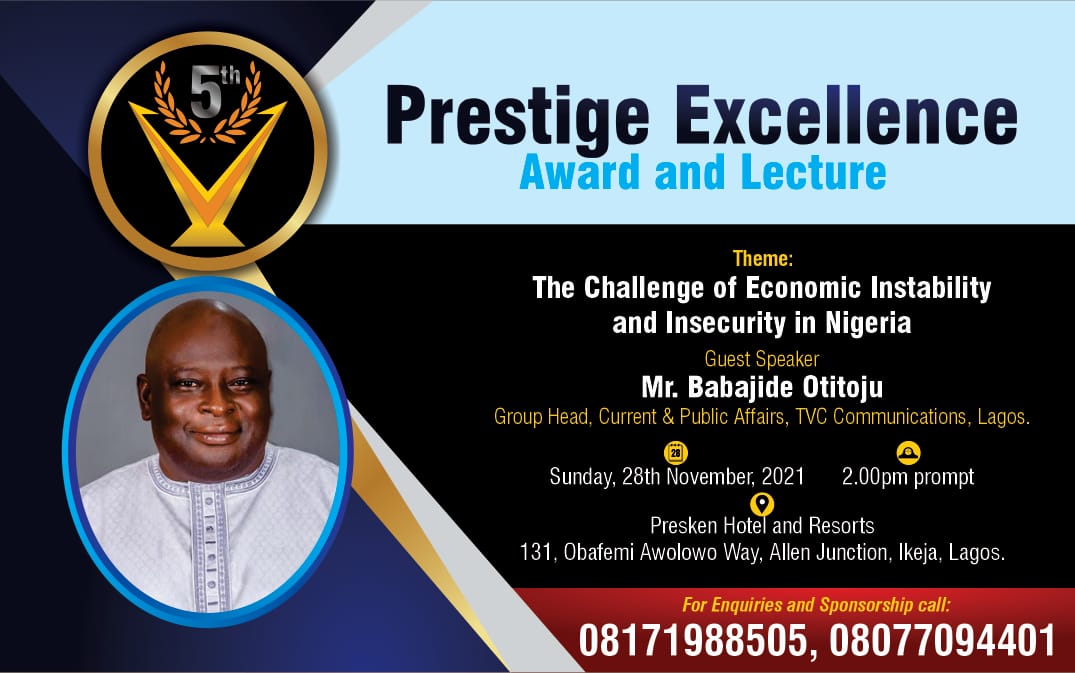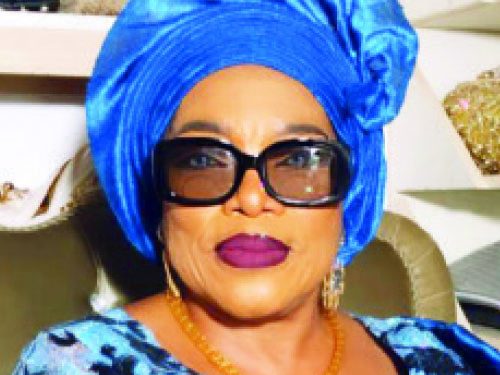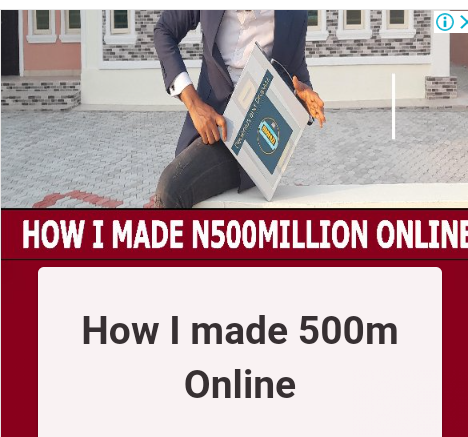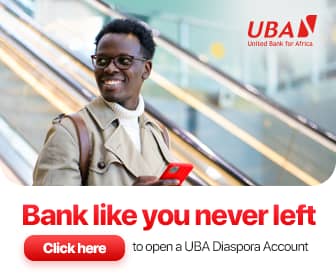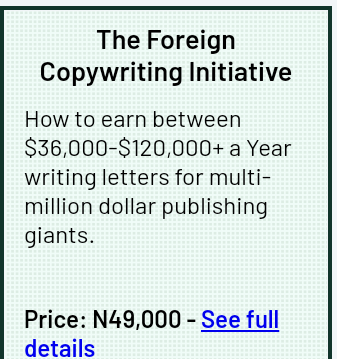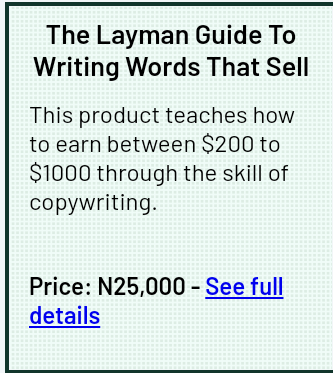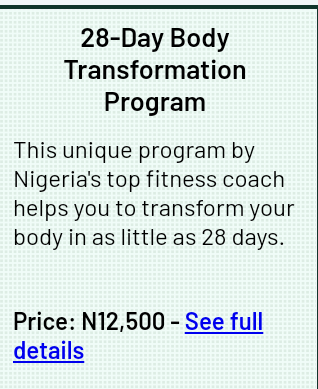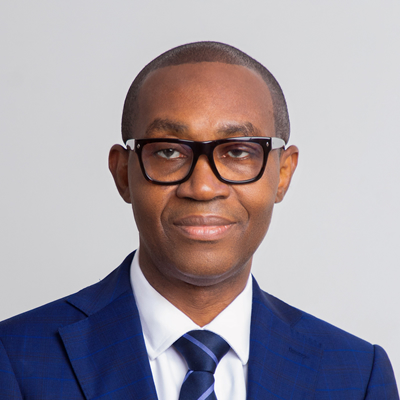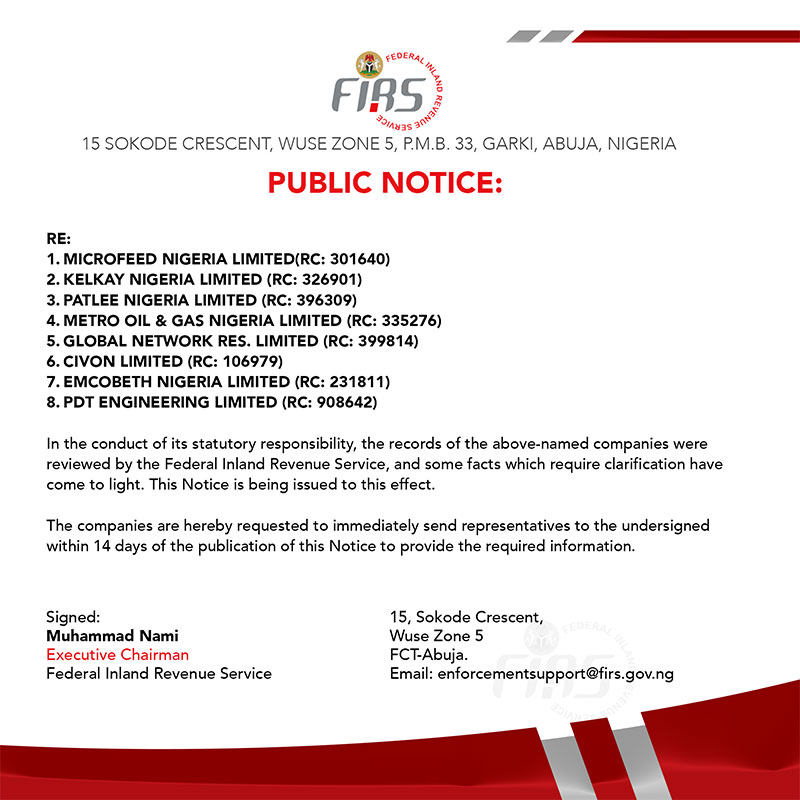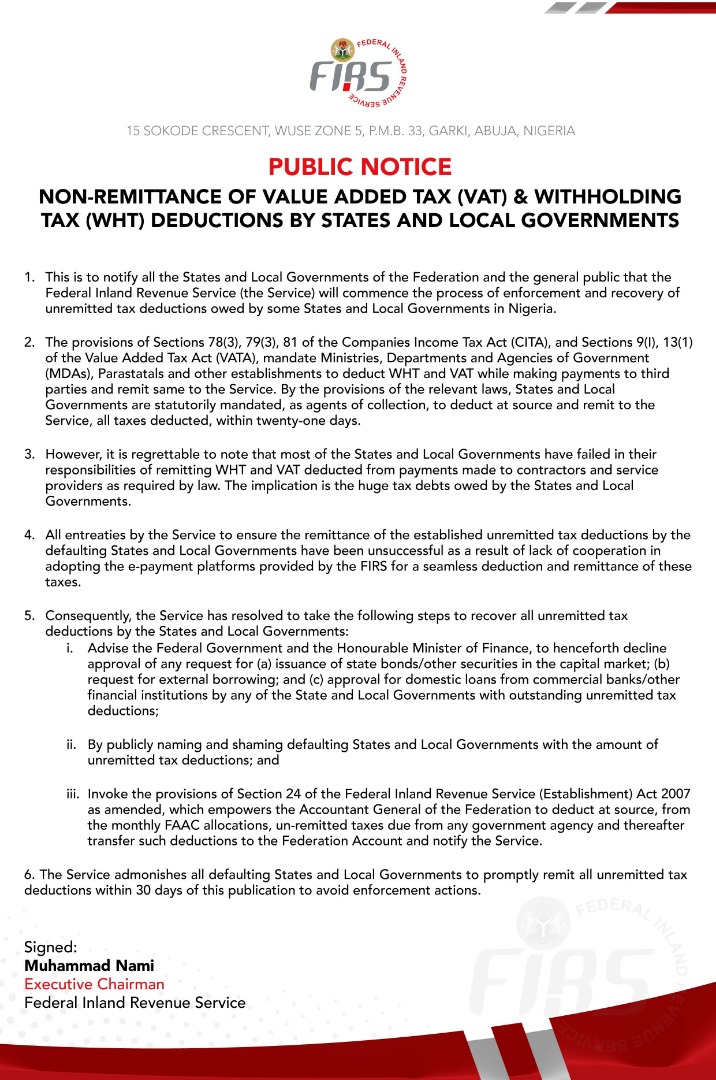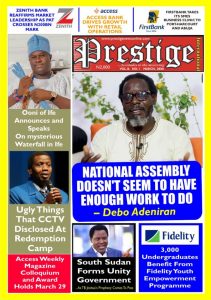In September, 2021, Miyetti Allah Kautal Hore decorated Temitope Ajayi as its brand ambassador.
In this interview, she explained her roles and how she was treated badly by people for taking up the responsibility. Excerpt:
What informed your decision to take up the task of Miyetti Allah brand ambassador?
I was just obeying God’s commandment. That was the only thing that could make me leave my comfort zone in the Silicon Valley in the United States, to return to Nigeria. God specifically directed that I return home (Nigeria) for this task of bringing solution to the issue of farmers/herders crisis that have led to destruction of communities, farmlands and death of thousands of people. When there’s such instruction, who am I to reject it or question the voice or directive from God.
As brand ambassador, what are your responsibilities?
My major responsibility is image making, rebranding and making people realize that these Fulani people are peace loving, friendly and accomodating people. They have lived with us peacefully for decades, and suddenly, people are beginning to see them as enemies of the people. People now see them as enemies of the community and also reject them whole-heartedly irrespective of their huge contribution to the society and the economy.
Were your family members informed before you took the responsibility?
No! none of my family members were informed. I couldn’t even tell my children and other family members about this task because they would have discouraged me and insisted that I reject the offer. But I saw the task as a divine responsibility that I need to accomplish as quickly as possible. All I did was to asked God for His support and humility for service, and I was glad that it was granted. I heard God clearly instructed that I specifically go back to my root, Nigeria, to find a solution to this unending herders/farmers crisis that had consumed lives, and that was what I had done.
What was their reaction when they heard you took the responsibility?
They were so bitter, disappointed and called me a betrayer. Some of them thought I had collected money from these herdsmen to sold out our people, amidst the tension and suspicion between these herdsmen, farmers and local communities. They threw invisible stone at me and called me several unprintable names. But I am glad that they have begun to realize that they were wrong in their thoughts and judgments. Remember, I left my comfort zone in the United States to be here. My saving grace was that I already had and still have a perfect record of my achievements and personality over the years. If not, my life and reputation would have been rubbished and littered on social media. I have a name and reputation to protect, and that I will continue to do through hardwork and sincerity.
What do you think gave birth to this ‘endless’ herders/farmers crisis?
Poverty, injustice and deprivation are at the base of it. The fact is that a hungry man is an angry man. It’s also a known fact that an idle hand is the devil’s workshop. The injustice, poverty and deprivation have been going on for several years ago and what we are seeing today is the effect of that. It’s part of the consequences of the prolonged neglect. These young adults are bitter and angry, and they are unleashing it on innocent people in the society. We need to do something fast to salvage the situation or it will consume us all in no distant time. But I strongly believe that this cattle/herders problem would be a blessing to Nigeria if well managed. Expectedly, it will trigger serious discussion that would herald the needed changes along the value chain. Many lives have been lost due to clashes between farmers and herders. These souls of the dead are calling for justice. I am a mother and I could feel the pain of these people, some of whom have been displaced, lost their parents and other sources of livelihood. I developed a blueprint that would end these crisis seven years ago. I developed it while I was a participant in 2014 Confab. When I was done with the document, the Almighty God told me clearly to go and present it to Miyetti Allah Kautal Hore for possible action.
I heard you were afraid to visit them because you could be kidnapped or harmed. Was that true?
My brother, It was true. I was deeply afraid. At this point, I was forced to ask God questions which he answered me clearly. But before I began the visit, I properly and carefully documented my movement and dropped it where my family members could see it in case I did not return or anything unexpected happened to me. The journey was a suicidal mission to me. But my confidence was that God who sent me would protect me. He was simply and clearly speaking to me and I was obeying. One day, after I had informed the relevant close people about my mission and gathered the needed confidence, I took off. I was so nervous and visibly afraid when I reached the headquarters of the group somewhere in Nasarawa State. I even asked that they take my pictures, share it alongside my location so that people would know where I last visited. To my greatest surprise, the first thing I saw when I arrived there was a public school beside the headquarters of the group. I was told that the school was built by the president of the association for the use of the community. I was wondering why the school children were not kidnapped by these people since they are literarily tagged kidnappers. While I was visibly shivering and displaying my fear, I didn’t know the president was watching me through the CCTV monitor in his office. He asked that I be brought into his office. In the cause of our interaction, I explained my mission to him and he bought into it. To my greatest surprise, he addressed me as ‘Mama’. That was when I knew that God was at work. He explained to me that they have serious challenges, but just that they don’t have good access to the media, and his people don’t have formal education that would enable them speak and fight for their right. He said lots of other things that pushed me to tears.
What progress has been made since you were crowned Miyetti Allah brand ambassador?
Lots of achievements have been made. This is two months that I was crowned Miyetti Allah brand ambassador, and since then, there has been divine interventions as being witnessed across Nigeria. God has visited this country in a mysterious way through me. Aside other efforts that are about to be materialized, I have begun a serious campaign for certain amount of money to be released for compensation and rehabilitation of those that lost farmlands, cattle and other valuable property in the cause of this years of crisis. That would go a long way in helping the people back to their feet. There should be data that would help the government achieve that. We intend to organize a national peace summit and launching of N200 billion intervention fund for building cattle ranches/farm settlements in some communities who have already made land available for such project. Establishment of cattle ranches has been widely accepted as alternative to open grazing and practical solution to Fulani herdsmen/farmers clashes even though it’s very expensive, capital intensive and above the means of poor/average Fulani pastoralist. The pastoralists need help and I have understanding of the National President, Alhaji Bello Bodejo, and his executive team that ranching is the ultimate solutions.
What is the content of the blueprint you developed and presented to the Miyetti Allah group and how realistic is the implementation?
For instance, I live in Silicon Valley, US, and in all the civilized country that I have been to, there’s always a co-existence between cattle and human being. What it means is that there are ranches for cattle and comfortable place of habitation for human beings. California, a state in US export more than $13 billion worth of cattle and other by-products annually. In California, a pint of fresh milk is more costly than a barrel of crude oil. There are some other by-products of the cattle that are used to generate electricity and other useful items. Brazil, Venezuela, Holland and several other countries grew their economy through cattle and other dairy products. These countries recognized that cattle business is a big business, and therefore dividend it into three areas, namely, animal husbandry, dairy, abbatoir and grazing. This is a new found ‘crude oil’ that everybody must partake in, so we could collectively grow our economy and create massive job opportunities. For instance, the South, West and East have fertile ground that can grow the grass for feeding these cattles. These grasses can even be processed, turned to pellet, packaged and send to cattle ranches in the North. We can even export these processed feeds to Arab countries where they don’t have such fertile ground to grow these grasses. Other opportunities can be created along the value chain.
Did the group accept the blueprint and other suggestions you presented to them?
Yes! that was the reason for my official crowning as the brand ambassador of Miyetti Allah which was done last two months. They saw the potentials in me and what I presented during the meeting, and they gave me that huge responsibility, not minding the fact that I am a Yoruba woman. I exposed Miyetti Allah President, Bello Bodejo and other officials to the gains therein if the blueprint and other suggestions are adequately implemented, and he accepted it wholeheartedly. I can tell you that I am the happiest woman in Nigeria today, because our suggestions are beginning to yield result. Within two weeks of my decoration as brand ambassador, the Senate approved the ranching we suggested. There was also a media report that the president has also earmarked over N600 billion for the take-off of ranching project and the disbursement has started, with states reportedly getting up to N9 billion each. We have appealed to the Transport Minister, Rotimi Amaechi, to procure a wagon train that would be useful in conveying cattle from one part of the country to the other. This will end the era of road movement of cattle which often result in hungry cattle feasting on farm produce, thus leading to crisis with farmers.
But many of these people don’t have the required capacity for ranching. How do you intend to change that?
We are working with the state governments to provide an empowerment platform for these people to get the needed skills and knowledge to be relevant in today’s world. On my side, I have concluded plans to take some of these herders to the US, Brazil and other countries to expose them to modern way of rearing cattle as well as several things that could be achieved along the value chain. When they return after the capacity building, they would be expected to train others with the superior knowledge and skills they might have acquired in the US and other locations visited. Plans are on the way for them to participate in the forthcoming 2022 Houston livestock conference and road show. We also planned to organize workshop for the Fulani nomads to change their mindset and reorientate them towards accepting the planned modernization and transformation programmes. There must be a change of attitude and behaviours to conform with the international best practices in cattle breeding. We shall work with various state governments. Some of my friends and Nigerians in the Diaspora have promised to support us in training the pastoralists.
– Culled from The Sun
